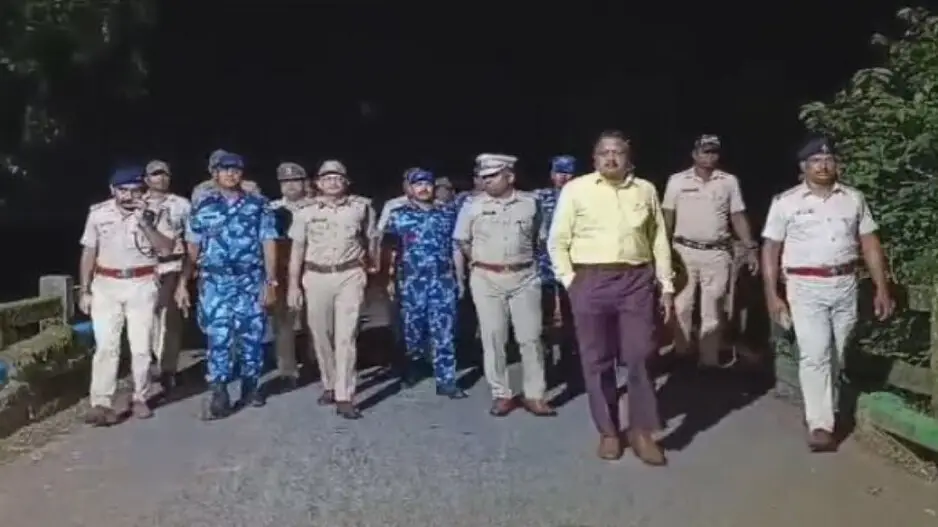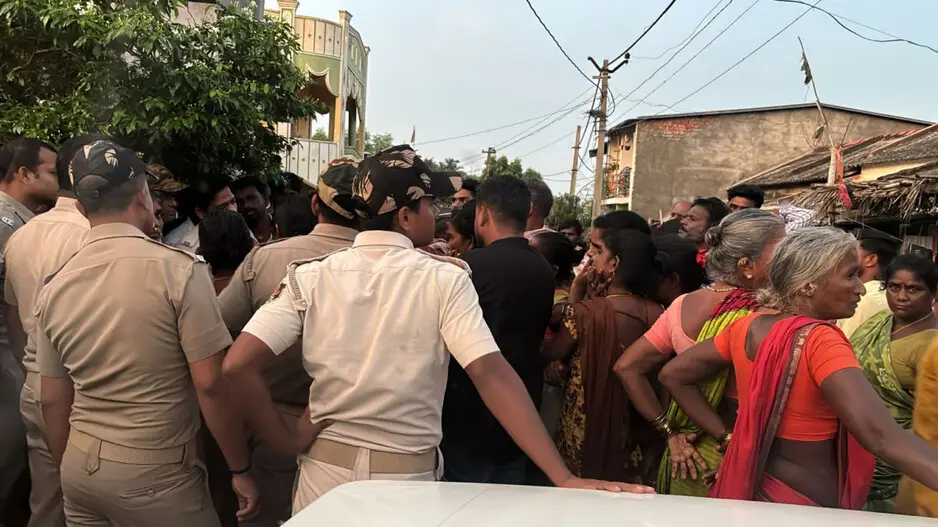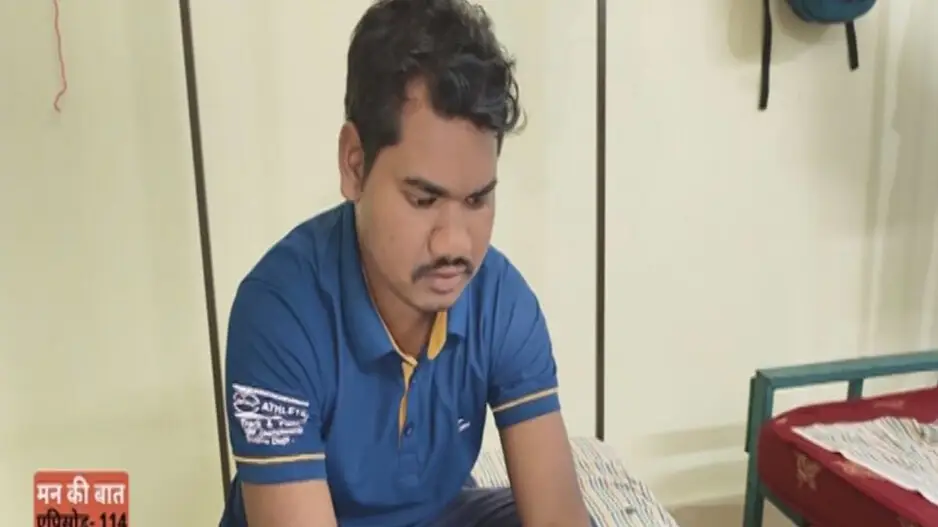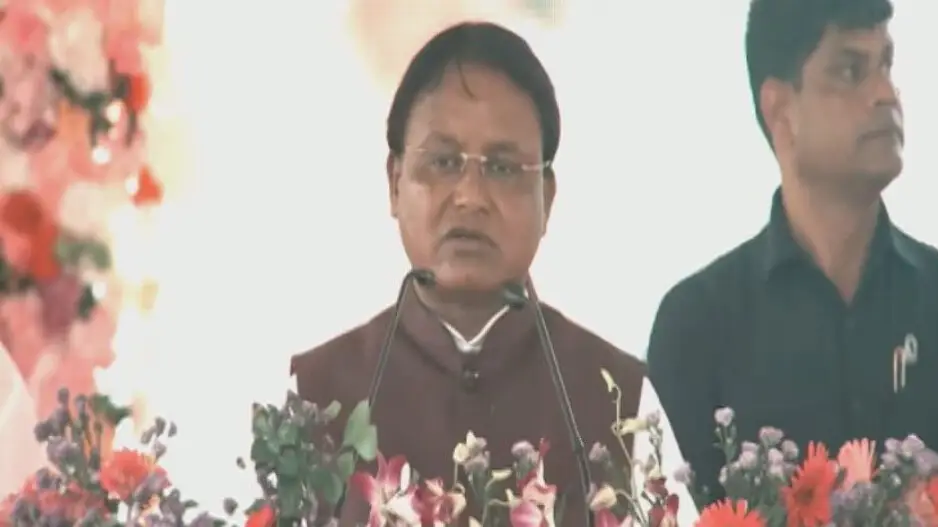/odishatv/media/post_attachments/uploadimage/library/16_9/16_9_0/recent_photo_1727599585.webp)
Meet Odisha’s Ramjeet Tudu who earned praise from PM Modi in ‘Mann Ki Baat’
Hosting the 114th episode of the popular radio programme, Mann Ki Baat which marked its 10th anniversary today, PM Modi on Sunday heaped praises on Ramjeet Tudu, a tribal boy from Odisha’s Mayurbhanj district. The talented young man, who is the Assistant Revenue Inspector (ARI) in Keonjhar, has developed a digital platform where literature can be read and written in the Santhali language.
“There are thousands of languages in our country, out of which Santhali is one. A campaign has been started to give a new identity to Santhali with the help of digital innovation. There are some languages which are used by very few people. One such language is the ‘Santhali’ language. With the help of digital innovation, Ramjeet Tudu is taking every step to preserve the age-old language,” the PM said in Mann Ki Baat.
“A few years back, Ramjeet felt sorry that he could not use his Santhali language while using his phone. Thus, began his efforts to preserve the Santhali language. His effort is really commendable and is reaching to lakhs of people,” the PM added.
Elated after PM Modi’s praise, Ramjeet said, “When I started using a mobile phone, I came to know that there were only mainstream languages for chatting or sending messages. So, it struck me that I should develop ‘Santhali’ alphabets. Hopefully, my little effort will go a long way in helping lakhs of my people.”
“My village doesn’t have network connectivity. I started to use the internet when I was studying in Rourkela. I spent my own money on going to cybercafes before buying a mobile phone. I did a lot of research and installed the necessary fonts to save our language. I approached various people and attended several programmes to spread my word,” he added.
It is worth mentioning that Santhali is one of the many languages that are slowly becoming extinct. It is spoken by the people of the Santhal tribe community residing in many states. Apart from India, the tribal communities speaking Santhali are also present in Bangladesh, Nepal, and Bhutan.
Bhadrak communal tension: Internet shutdown continues, strict restrictions under BNSS 163 effective

Hundreds of women gherao excise officials to save liquor smuggler in Odisha village

Mann ki Baat: PM Modi hails Odisha youth for developing digital platform to save ‘Shantali’ language

Odisha CM Mohan Majhi targets BJD, announces investigation into lady PEO Smitarani murder case

/odishatv/media/agency_attachments/2025/07/18/2025-07-18t114635091z-640x480-otv-eng-sukant-rout-1-2025-07-18-17-16-35.png)

/odishatv/media/media_files/2025/09/22/advertise-with-us-2025-09-22-12-54-26.jpeg)
